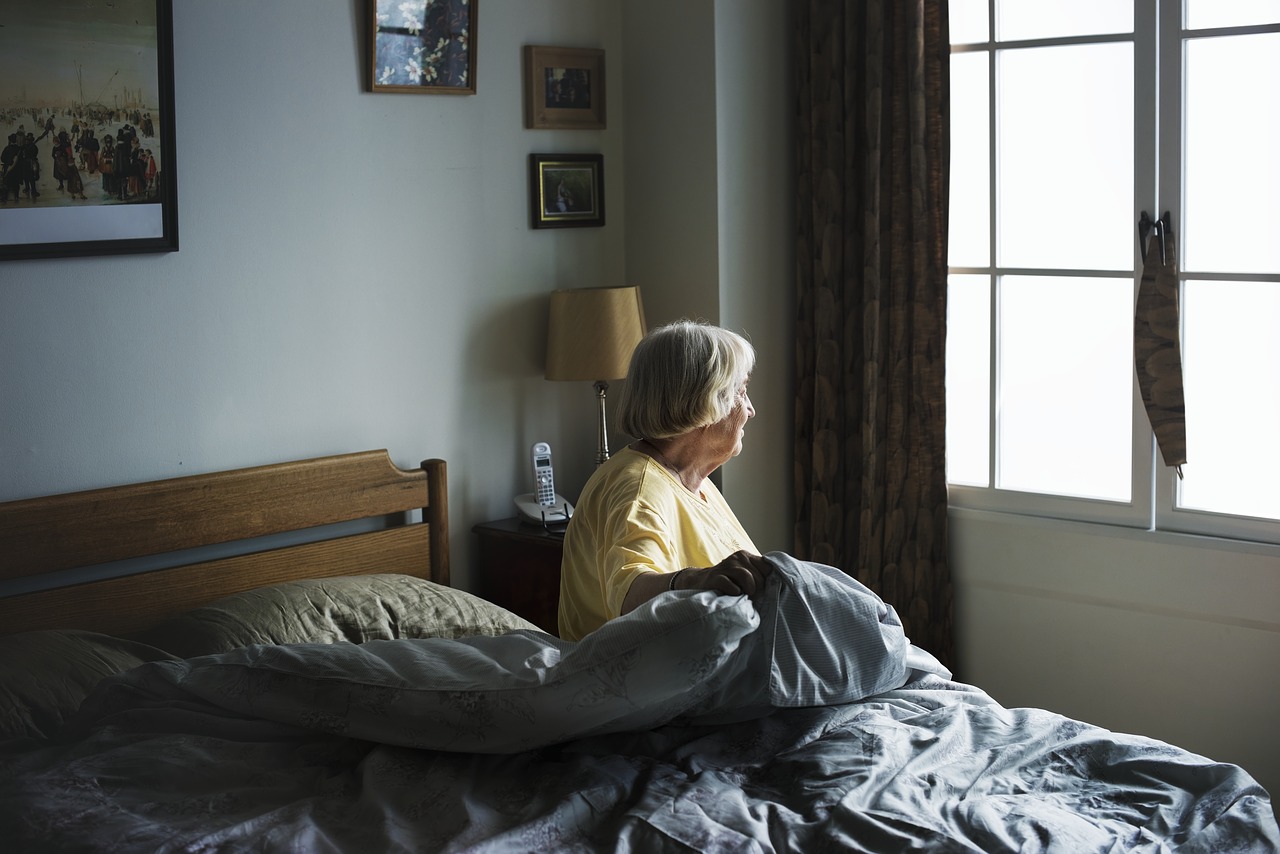Coronavirus
Election officials refuse to allow deputies in nursing homes

MADISON, Wis. (AP) — Wisconsin election officials decided Wednesday to stay with their decision not to allow special voting deputies into nursing homes to help residents cast absentee ballots in November’s election out of concerns of spreading the coronavirus.
State law allows local clerks to appoint deputies to enter nursing homes and help residents complete their ballots. The Wisconsin Elections Commission banned deputies from entering facilities in March as the coronavirus pandemic took hold.
Republican Commissioner Robert Spindell asked commission staff during a Sept. 1 meeting to reconsider the ban. Commission Administrator Meagan Wolfe recommended in a memo to the commission that it should not reinstate the program. She wrote that staff consulted with state health officials as well as advocates for the elderly and disabled and they felt allowing deputies into the facilities is still too risky. The elderly are considered the most susceptible to severe illness and death from the virus.
Commissioner Dean Knudson, a Republican, said he wouldn’t want voting deputies spreading the virus on his conscience.
“I think our original position on this is still the correct thinking,” Knudson said. “The best approach here should have always been to try to protect the elderly rather than lock down the healthy. To whatever extent we can protect nursing home residents, we should do it. Now is not the time to put those nursing home residents at risk. (The virus) is a disaster when this gets into nursing homes. ”
Spindell conceded there was “obviously no enthusiasm” for allowing deputies back in. He suggested providing iPads to nursing home staff so residents could contact voting deputies for help and deputies could see that they were filling out their ballots properly. He said without offering any evidence that a perception exists that voting fraud is rampant in nursing homes and video of the voting would dispel that.
“My intent here is to make the system as transparent as possible,” Spindell said.
Commission Chairwoman Ann Jacobs, a Democrat, balked at the idea, saying she’s opposed to “cobbling together some kind of video system” for nursing homes six weeks before the election.
“I think we should be prepared for fraud,” Spindell replied.
The commission moved on without taking any action.
The commission was originally set to discuss allowing deputies back into nursing homes during a Sept. 10 meeting. But that meeting was postponed after the state Supreme Court ordered the commission to turn over the names and addresses of everyone who had requested an absentee ballot so far as it pondered whether to place Green Party presidential candidate Howie Hawkins on the ballot.
The court on Monday decided to not to add Hawkins to the ballot, saying there isn’t enough time for clerks to reprint ballots and get them out to more than 1 million voters who have already requested them.
Follow Todd Richmond on Twitter at https://twitter.com/trichmond1
AP’s Advance Voting guide brings you the facts about voting early, by mail or absentee from each state: https://interactives.ap.org/advance-voting-2020/

